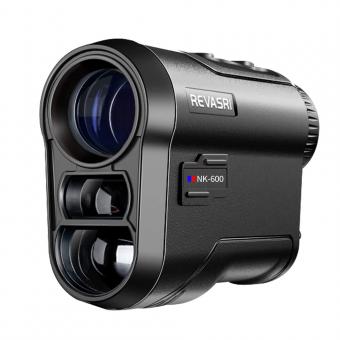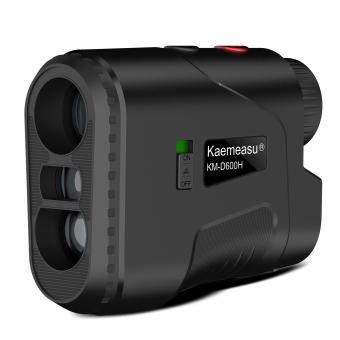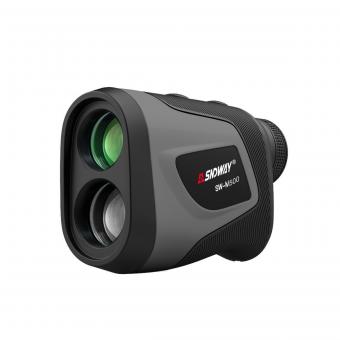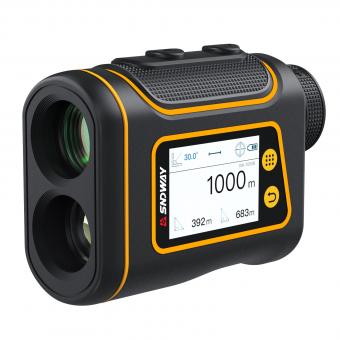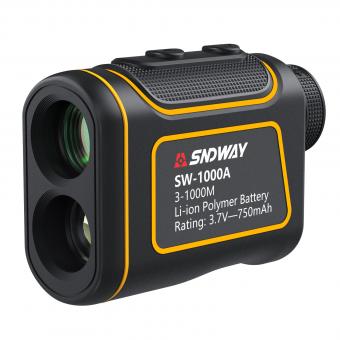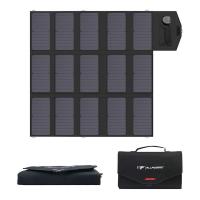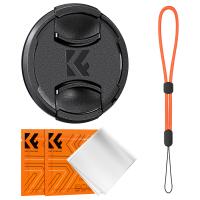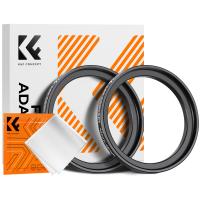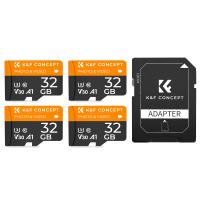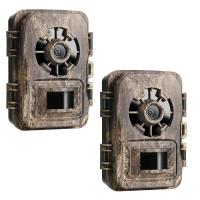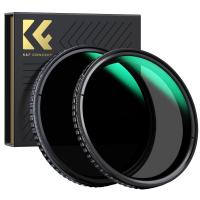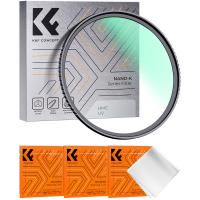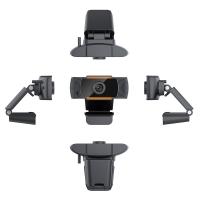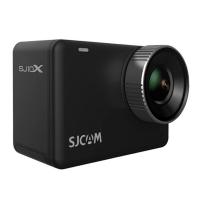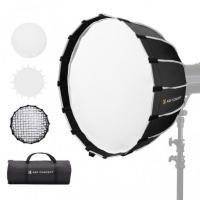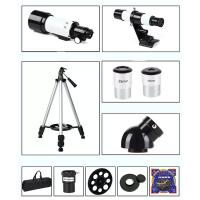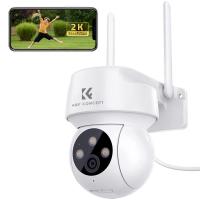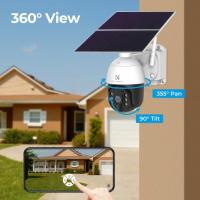Can You Use Golf Rangefinder For Hunting?
Golf rangefinders and hunting rangefinders both serve the essential function of helping users gauge distances accurately. However, while their primary purpose and basic functions align, there are distinctive features and performance attributes that cater specifically to either golfing or hunting. Determining whether a golf rangefinder can be effectively used for hunting involves an analysis of user demands and the suitability of these devices for various outdoor activities.
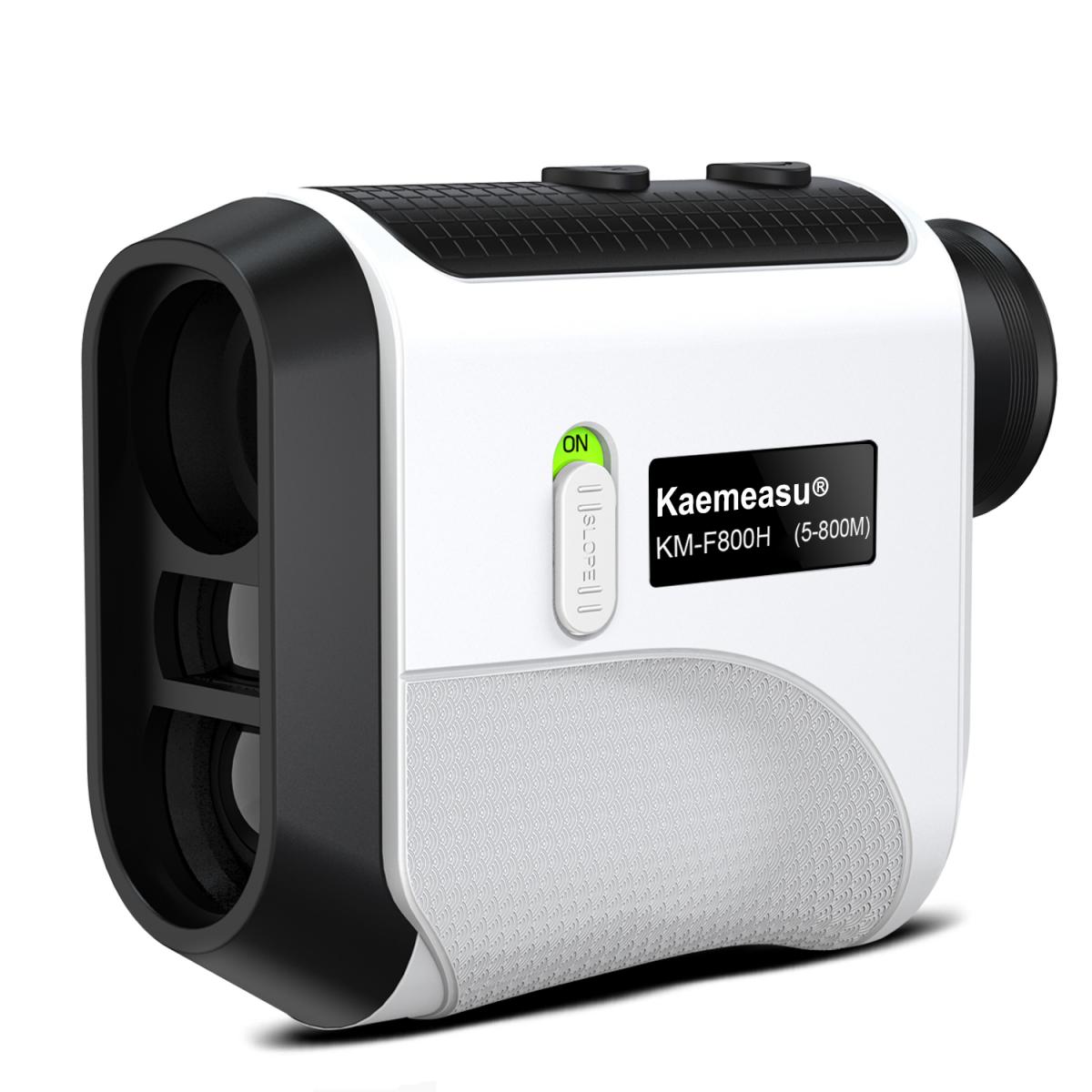
Understanding the Device
First, let's delve into the technological common ground shared by golf and hunting rangefinders. Both devices utilize similar laser rangefinding technology, which involves the emission of a laser beam to measure the time it takes for the reflection to return from the target. This data allows the device to calculate the distance with high precision. When considering if a golf rangefinder can be used for hunting, several key aspects must be evaluated:
1. Distance Measurement Range:
- Golf rangefinders typically measure distances up to 400-800 yards, sufficient for assessing the distance to the flagstick or landmarks on a golf course. Hunting, however, often necessitates measuring longer distances—sometimes beyond 1000 yards, especially when dealing with large terrains or needing to identify distant game.
2. Magnification and Image Clarity:
- Magnification levels in rangefinders play a crucial role. Golf rangefinders typically offer lower magnification, around 6x. Hunting rangefinders often provide higher magnification levels, up to 7x or 8x, which help hunters in spotting game from longer distances with greater clarity.
3. Target Prioritization Modes:
- Golf rangefinders usually feature "First Target Priority Mode," which helps detect the closest target, like a flag on the green. Conversely, hunting rangefinders are better equipped with "Distant Target Priority Mode," which picks the farthest object and is more practical for pinpointing game hidden among foliage.
4. Durability and Build Quality:
- Hunting environments can be rugged, necessitating rangefinders to be more robust and weather-resistant compared to golf rangefinders. Hunting rangefinders often come with additional waterproofing, rubberized armor, and other protective features to withstand harsh conditions.
5. Angle Compensation:
- Advanced hunting rangefinders incorporate angle compensation features, essential for adjusting the distance calculation when shooting at an angle, such as from elevated terrains. While some golf rangefinders do have slope compensation for elevations on a golf course, this feature is usually more advanced in hunting rangefinders.
Practical Considerations
Given these technological insights, the practical question remains: can a golf rangefinder suffice for hunting? Here’s an examination through different use-case scenarios.
Short Distance and Clear Conditions:
If a hunter is operating within short ranges (comparable to typical golf ranges) and under clear conditions, a golf rangefinder could theoretically suffice. However, it would not be optimal in detecting distant game or when the line of sight is partially obstructed by vegetation.
Long Range and Varied Terrains:
For more extensive hunting activities where targets are usually at long distances and varied terrains, a golf rangefinder would fall short in performance. The lack of advanced target prioritization, distance range, and durability features would limit its effectiveness.
Versatility and Convenience:
It’s crucial to consider the need for versatility. Hunters often rely on a range of technological aids such as ballistic calculators or GPS devices integrated with their rangefinders. Golf rangefinders may lack such multi-functional benefits which are integral to sophisticated hunting.
Economic Factor:
From a cost perspective, those new to hunting and occasionally indulging might find reusing a golf rangefinder economically appealing. However, frequent or serious hunters would find investing in a specialized hunting rangefinder far more advantageous.
Expert Recommendations
Based on the comprehensive evaluation, the strategic advice would be:
1. Occasional Hunters: If golfing is an occasional hobby and hunting is rare, utilizing a golf rangefinder could be a stop-gap arrangement, keeping in mind the very real limitations.
2. Amateur Hunters: Beginners in hunting should consider investing in a basic hunting rangefinder. This initial investment ensures better practicality without a steep cost.
3. Seasoned Hunters: For those deeply involved in and passionate about hunting, acquiring a specialized rangefinder tailored for hunting is a must. The benefits far outweigh the investment, promising not only reliability but also enhanced safety and success in the field.
Conclusion
To wrap it up, while golf rangefinders share some core functionalities with hunting rangefinders, their optimal use cases diverge significantly. The distinctions in distance measurement capability, target prioritization, durability, and additional features tailor each for their respective outdoor activities. Serious hunters would be best served by investing in a dedicated hunting rangefinder to ensure accuracy, versatility, and durability in all hunting scenarios. For occasional use under certain conditions, a golf rangefinder can serve as a temporary solution but should not be considered a long-term substitute. Ultimately, understanding the specific demands of hunting versus golf allows for informed decision-making, leading to enhanced outdoor experiences whether on the green or in the field.

